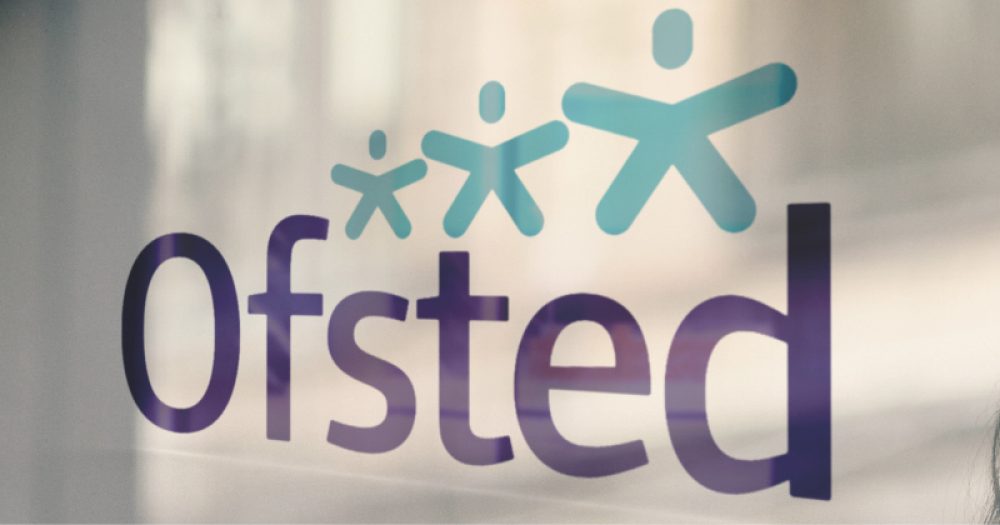Barnfield College has been rated grade four by Ofsted for apprenticeships, which means it will lose the right to offer them under updated government rules.
An inspection report out this morning rated it ‘requires improvement’ in all other headline fields, except for adult learning programmes and provision for people with high needs, where it was ‘good’.
But the lowest possible mark for apprenticeships carries serious implications.
Providers given a grade four are taken off of the government’s register of apprenticeship training providers and won’t be able to offer the training. The rules on this were only clarified by the Education and Skills Funding Agency in January.
“The provision for apprenticeships is ‘inadequate’ and has declined in quality for the last three years,” said the report.
A total of 260 apprentices were said to follow framework programmes in eight subject areas, of which just over half study at intermediate level. Just over a third of them are aged 16 to 18.
“Assessors do not carry out assessment of apprentices prior learning to determine their starting points accurately, and ensure that they make good progress. Too many apprentices are unclear about the progress that they are making or are capable of,” inspectors warned.
“Leaders do not plan and manage provision to meet fully the principles and requirements of apprenticeships.”
Apprentices’ attendance at off-the-job learning sessions is “erratic and low”, and they do not all spend the mandated 20 per cent of their time learning away from work.
“Managers and staff have not ensured that employers engage in all aspects of the training or help monitor apprentices’ progress and enable them to excel,” the report added.
While “a few” employers have a good understanding of apprenticeship programmes and support their apprentices “sufficiently”, inspectors warned that “too few” are involved fully in reviews of apprentices’ progress and setting “meaningful targets”.
This undermines apprentices’ motivation and holds learners back with progression.
Poor progress was found, for example, in efforts to improve English, maths and ICT skills.
“Apprentices have too few timetabled opportunities to improve these skills,” inspectors said.
There may yet be a lifeline for the college, however. In early February, St Helens College was also rated ‘inadequate’ for its apprenticeship provision, but it actually received special dispensation to remain on the register.
In the same week that new rules were published outlining when and how providers would be removed from the register, the DfE admitted that it was treated differently due to its merger with Knowsley Community College that completed in December.
Merged colleges are considered ungraded by Ofsted, and are eligible to apply to the register under exceptional circumstances.
The ESFA had previously said it would “exercise its right to terminate contracts where a provider is not meeting the standards expected” – and that any provider with a grade four would be “removed from the register in due course”.
And under the new rules published on January 30, an ‘inadequate’ provider should be given five days’ notice of their removal from the register. They must not take on any new apprentices, but any existing apprentices would be able to stay on only at the employers’ discretion.
“A provider with a grade four Ofsted rating is ineligible to apply to the register and it is right that a provider is removed if they are later assessed as inadequate,” a DfE spokesperson said.
Barnfield College has two campuses in north Luton. It taught around 3,700 learners last contract year.
Today’s Ofsted report did recognise some areas of encouragement.
“Leaders’ actions to improve teaching have resulted in demonstrable progress for some groups of learners as indicated by the increased achievement rates of study programme learners during the previous year,” it said.
“The majority of learners develop good practical vocational skills, particularly in workshop sessions.”
A college spokesperson stuck to the positives.
“The report highlights many areas of good practice and key strengths including effective safeguarding of students, demonstrable progress of learners indicated by increased achievement rates and good development of learners’ practical vocational skills,” she said. “This is particularly true around our high-needs and adult provisions, which have been graded as ‘good’. The college has developed a robust action plan to address the identified areas of improvement.”








Your thoughts